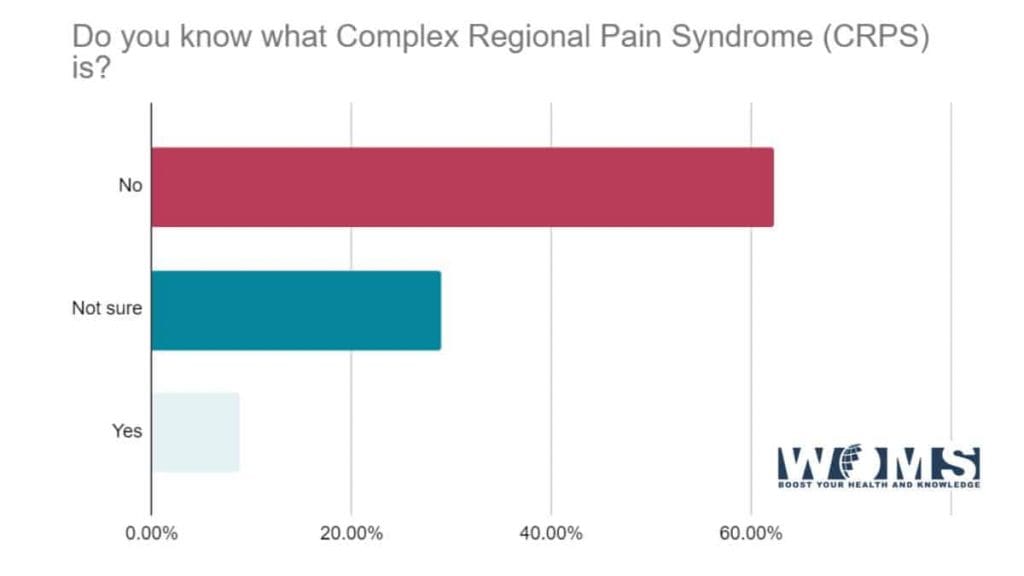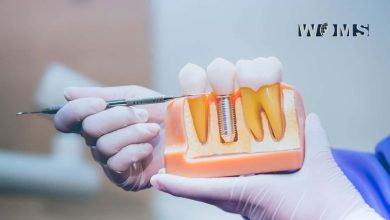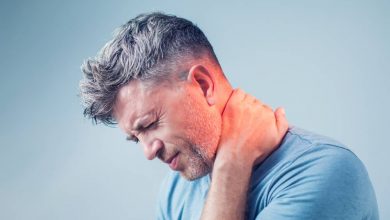What is CRPS and why have 62% of the UK never heard of it?

Do you, your family, or your friends know much about chronic pain conditions? What about CRPS? Is it true that people are not well aware of chronic pain conditions until they or someone they love have to face them directly?
A major chronic pain condition, CPRS, is on the rise, but not many people know what it is and that it even exists. Before we get to talk about CRPS, let’s briefly look at chronic pain statistics in the UK:
- A 2016 chronic pain meta-analysis of the population in the UK found that between one-third and one-half of the adults suffer chronic pain. This corresponded to just under 28 million adults and is likely to be increasing due to the UK’s aging population.
- According to an NHS Digital Survey in 2019, 34% of adults suffer from chronic pain. It is more common in women than in men and more than half of the cases are prevalent among those aged 75 and over.
There are so many people in the UK that suffer from chronic pain, with CRPS being on the rise, and, yet, more than half of the UK has never heard about CRPS.
Complex Regional Pain Syndrome
What is CRPS?
Complex Regional Pain Syndrome (CRPS) is a poorly understood condition that most commonly affects the upper and lower limbs. Approximately 16,000 people in the UK are living with it although it is impossible to determine an exact figure due to a number of characteristics of the illness.
People with CRPS have excruciating pain in the affected limb which affects their ability to move. The limb swells up and the temperature in that area increases. Some of the other symptoms are stinging or throbbing pain, and even a breath of wind can feel extremely painful on the skin.
What Can Cause CRPS?
CRPS can develop after accidental damage to your limb or planned surgery, for example, on a foot or ankle. Most people recover within a year however some people never fully recover and certain individuals can even find that their symptoms become worse over time. Health professionals don’t know the exact cause of CRPS but it is believed that the brain sends abnormal signals to and from the affected limb.
Is There A Treatment for CRPS?
There is no cure for CRPS and the treatment plans vary from patient to patient. CRPS sufferers usually take strong pain medications and undergo treatments intended to relieve pain and restore or not lose limb function.
The main objective of treatment is to help the patient to maintain their quality of life. The key is to diagnose it and start to treat it early because the limb usually becomes stiff and pain gets worse without prompt diagnosis and a treatment plan.
Why Have 62% of the UK Never Heard of CRPS?
According to the research conducted by CRPS Compensation Solicitors, 62% of the UK have never heard of this condition. Why is that?

CRPS is often misdiagnosed;
Not many doctors have an in-depth understanding of Complex Regional Pain Syndrome, therefore, it is often misdiagnosed. As a result, patients get treated for the wrong condition and they may have no clue they have CRPS.
CRPS takes a long time to get a diagnosis;
A number of studies have found that getting a diagnosis for CRPS is a frustrating and lengthy process. Often, health professionals may suggest that there is no physical pain at all and that it could be caused by an underlying mental health condition. There have also been a number of reports of several incorrect diagnoses leading to sufferers receiving inappropriate treatment.
We don’t know how severe the CRPS pain really is;
Some CRPS sufferers don’t disclose their real pain levels as a way to protect their loved ones by not letting them see the pain or suffering. Alternatively, others simply want to appear normal in a crowd so may cover up their symptoms.
If friends and relatives don’t know how those with CRPS really feel, could they be underestimating its severity?
Seeking Medical Advice from a Professional
When struggling with CRPS or any other form of chronic pain, sufferers may look for help and support from medical professionals when self-help therapies are no longer effective. When attending an appointment to discuss symptoms, it is important that sufferers have prepared so that they can fully convey the extent of their pain. In order to do this it is recommended to:
Log the pain in a diary
Although this may also help sufferers on an emotional level to better understand their symptoms, recording their pain in a diary can help to better explain the day-to-day struggles that they encounter. It can also help to prompt them during their appointment if they are nervous and forget some important details.
Emphasize life-limiting impacts
Chronic pain conditions can affect every aspect of a sufferer’s life, greatly reducing their overall quality of life and mental health. When explaining symptoms of a chronic pain condition, it is important to contextualize how your pain is affecting your ability to; work, build and maintain relationships, and look after yourself. Explaining to a doctor the greater impacts of your chronic pain symptoms can help to create urgency and highlight the importance that you receive appropriate help.
Bring support
Not only can bringing a family or friend member help the sufferer to relax and feel more confident, meaning that they are likely to give a much better explanation of their symptoms to a doctor, but this can also provide backup. If this family or friend experiences firsthand the effects that chronic pain is inflicting on their partner/friend/family member then they can also give their personal account and help to give the doctor a better overall picture.
CRPS and Chronic Pain
CRPS, like other chronic pain conditions, receives a lack of awareness around the world. Due to this many cases go undetected and thousands of people are forced to suffer in silence as they either go undiagnosed or misdiagnosed. Slowly, however, research around the debilitating illness is starting to surface, including a significant lack of public knowledge and awareness of CRPS. In some parts of the world such as the UK, it has been found that well over half of the population may be oblivious to chronic pain illness entirely.
There is hope that highlighting the lack of awareness will help to raise the profile and coverage of CRPS and other chronic illnesses both online and in the media. The importance of help and support to sufferers can then be at the forefront of upcoming research.




